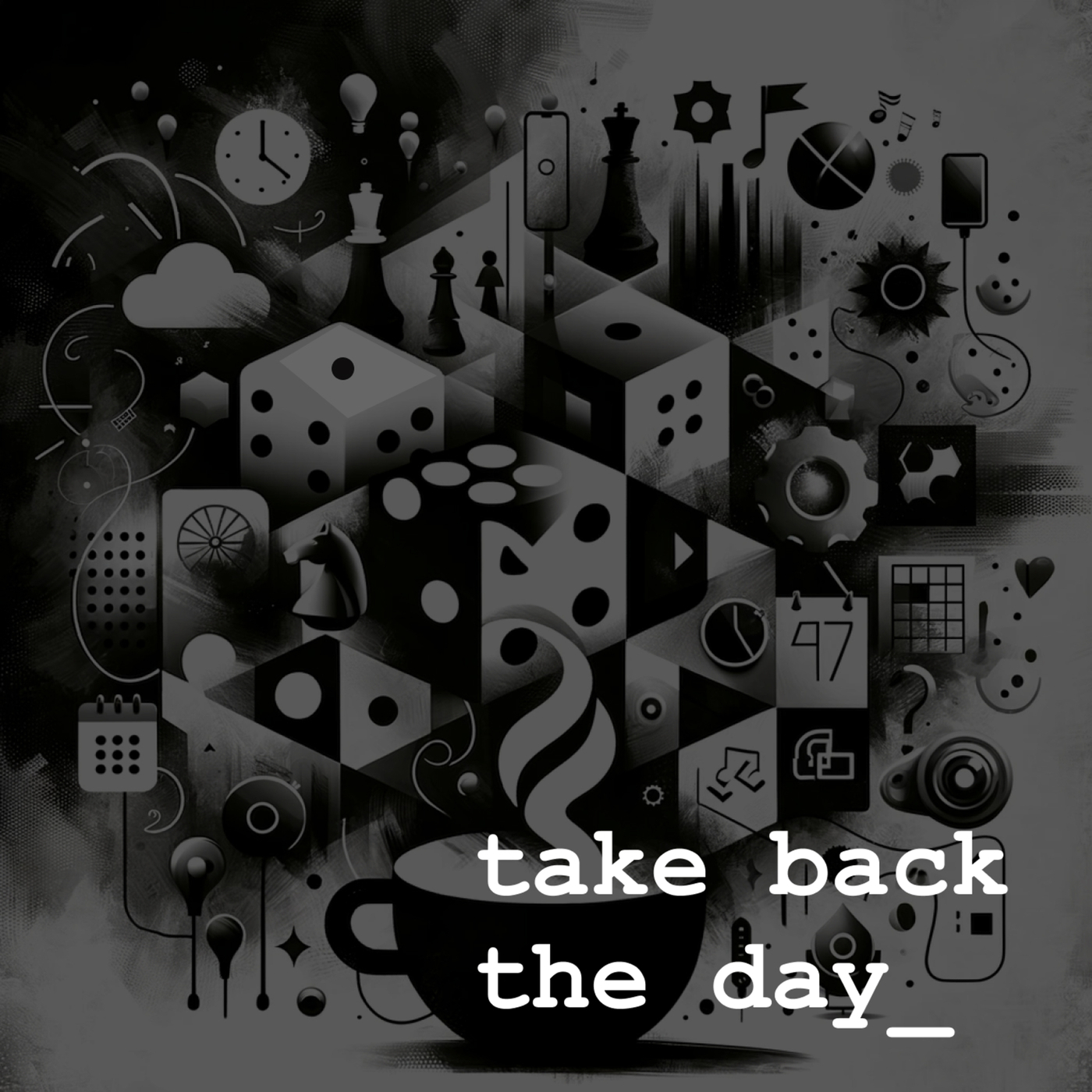Is it worth saving parasitic wasps?

Hello loves!
Welcome to 2024 💛. If you've set goals for yourself, I hope they're gentle ones. I'm trying to take more photos of my life, go on more solo adventures, and worry less about pleasing other people.
I finished a draft of my novel at the end of last year, YAY, so I took a proper holiday and now I'm gleefully doing edits. I'm at the stage of the creative despair cycle that goes, "maybe this isn't so terrible actually??", which is sandwiched right between the stages "this is worthless" and "oh lololol I should just move to the Eastern Cape and raise goats", so I'm enjoying it while I can. In-between editing, proudly watching the ICJ trial, and trying to keep my fingers warm in subzero temperatures, I've been thinking a lot about extinction recently.
Venomous Lumpsucker
When I was younger, one of my most annoying habits was picking an unpopular philosophical position and debating it ad nauseam with everyone I came across (I'm so sorry, everyone who survived being friends with me through my 20s). Probably one of the most exasperating contrarian arguments I endlessly subjected friends to: that there's no rational reason to care about species extinction. We should be far more concerned about the suffering of chickens in factory farms, I argued, than about losing the last rhino.
It's curious for me to look back now on this position I once so firmly espoused, because biodiversity loss is now one of the issues I feel most passionately about. It is hard for me to articulate the reasons why. It's simply that when I think about how much humans are stripping the world of its dazzling natural complexity, I feel overwhelming grief.
I found this feeling explored cathartically in 2023's Arthur C. Clarke Award winning novel: Venomous Lumpsucker by Ned Beauman. Set in the near-future, it imagines a world where big businesses trade Extinction Credits to pay for species they destroy (much like we currently trade carbon credits). The story follows an animal cognition scientist and a food-obsessed business executive as they desperately track down the last surviving members of a hideous fish species which has suddenly become extraordinarily valuable, the venomous lumpsucker.
Look, it's a book about extinction, but it's hilarious?

The book is a romp through inventive landscapes: a nature reserve full of toxic waste, a seasteading research lab free of legislation, a refugee camp full of British people escaping what's become an economically wrecked totalitarian state (too close to home!). But my favourite section of the book explores how the scientist character (Karin Resaint) changes her mind, like I did, about the tragedy of extinction.
Initially, Karin finds most arguments against extinction to be quite feeble. For one thing, most of the species being lost aren't adorable rhinos, they're microscopic parasites or insects, who would never be missed except by the few researchers who study them.
Nobody had ever set eyes on most of the endangered bugs, not even the naturalists whose job it was to compile the catalogues. Therefore nobody could pretend to miss them. They were 'precious' only in the abstract. New ones evolved, and old ones went extinct; this churn had been going on since the Ordovician period.
Even the arguments about species' instrumental value, she says, are not well justified. "For instance, every species played some role in its ecosystem, so in theory its removal could have an unpredictable ripple effect. But most of the time there would be dozens of other species who were almost indistinguishable from it and would be quite happy to fill its shoes."
But then Karin studies Adelognathus marginatum, a parasitic wasp that lays eggs inside a particular species of striped spider, and she is struck by how miraculous it is that it even evolved at all.
Evolution was a monstrous maker, a blind heedless thing inching along in no particular direction, the whole disaster fuelled by spilled blood and wasted effort... all of it was random mutation, which was like editing a novel by simply copying it out again and again in the hope that the typos you made would not just spare the meaning but actually render new insight. What could be more absurd? And yet this clusterfuck had yielded Adelognathus marginatum, which could mind-control a spider with counterfeit hormones in order to swipe its best handiwork for the larva that has just drunk its lifeforce like a smoothie. Somehow, inert matter had organised itself into something so convoluted and delicate and whimsical and cruel... How could this brilliant, intricate, hilarious thing – the fluke result of an unrepeatable process, the legacy of some dizzying number of past individuals, all of them, in hindsight, striving unconsciously towards a single invention – not be valuable in itself? What did it matter if anyone appreciated it, if it did any good for anyone?
Suddenly, what used to just feel like a statistic - 10,000 species lost per year - feels like a tragedy beyond words.
If evolution gave her a sense of the sublime – so many billions of animals over so many millions of years, just to devise one species – then the extinction crisis did too ... The diversity of life on earth was (as far as anyone knew) the most majestic thing in the universe, and human beings were (as far as anyone knew) the only living things with the capacity to appreciate that majesty, and yet human beings were also the ones who were stamping that majesty out, not deliberately by carelessly, incidentally, leaving nothing behind but a few scans and samples that nobody would ever look at.

A witty, funny satire about the disastrous unintended consequences that can result when we try to use capitalism to save the world, Venomous Lumpsucker was my favourite holiday read.
Computers Don't Argue
Speaking of disastrous unintended consequences, I recently was telling someone about one of my favourite classic sci-fi short stories, from 1965, "Computers Don't Argue" by Gordon R. Dickson, and was delighted to discover that the whole thing is available online (it's five pages long, click ">> NEXT" at the bottom of the page to continue reading). It's a story that feels extremely pertinent in this time where more and more justice system decisions are made by AI and algorithms.
Games Games Games!
Simon Dingle and I had a long-overdue chat on the internet, this time about games: what makes games fun and work unfun? We discuss some of our favourite recent games (mine include Honey Heist, Poetry for Neanderthals and Smallworld), as well as the high-octane thrills of the Microsoft Excel World Championship.
I know I say this every year, but Simon and I do want to get back into the habit of recording episodes of Take Back the Day more frequently. Subscribe on your favourite podcast player of choice, or listen here.

I'm not sure what format these newsletters are going to take this year. I might try to make them shorter and more frequent, or longer and less frequent, or devote them entirely to photos of my cat. I'd love to hear from you what you find useful or interesting, so hit reply and let me know!
Wishing you marvels of evolution,
Sam







Member discussion